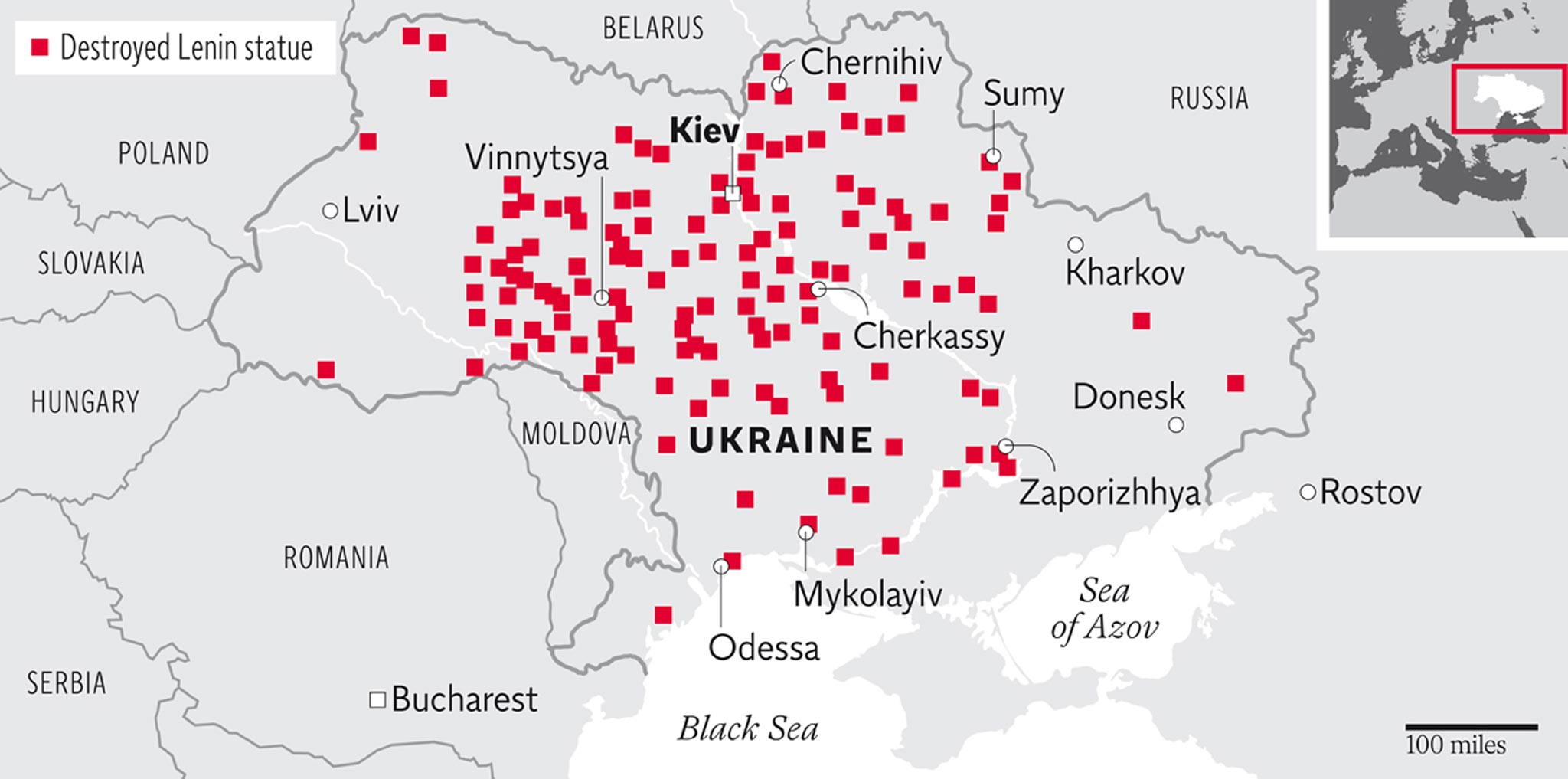Ukraine: Country's new rulers ‘gun-toting mutineers’ and we will not work with them, says Russia

Your support helps us to tell the story
From reproductive rights to climate change to Big Tech, The Independent is on the ground when the story is developing. Whether it's investigating the financials of Elon Musk's pro-Trump PAC or producing our latest documentary, 'The A Word', which shines a light on the American women fighting for reproductive rights, we know how important it is to parse out the facts from the messaging.
At such a critical moment in US history, we need reporters on the ground. Your donation allows us to keep sending journalists to speak to both sides of the story.
The Independent is trusted by Americans across the entire political spectrum. And unlike many other quality news outlets, we choose not to lock Americans out of our reporting and analysis with paywalls. We believe quality journalism should be available to everyone, paid for by those who can afford it.
Your support makes all the difference.Russia criticised Ukraine’s new rulers on Monday, blaming Western meddlers for installing an interim government, which Prime Minister Dmitry Medvedev dismissed as a group of “Kalashnikov-toting” mutineers, which the Kremlin would not work with.
The first reaction from Russia on the political transition in Kiev puts it at odds with the European Union, which considers recent events as a legitimate transfer of power to an acting government which is keen to rekindle ties with its neighbours to the west.
The EU’s top diplomat, Catherine Ashton, flew into Kiev on Monday to meet the parliamentary Speaker, Olexandr Turchynov, whom the bloc has recognised as Ukraine’s interim President.
Moscow, however, made clear it had a different view of the events of the past week, when the deaths of dozens of protesters led to an EU-brokered peace deal and President Viktor Yanukovych’s flight to his eastern strongholds.
“If you consider Kalashnikov-toting people in black masks who are roaming Kiev to be the government, then it will be hard for us to work with that government,” Mr Medvedev told the state-run RIA news agency. “Some of our foreign partners think differently.”
A Russian foreign ministry statement said the EU-backed peace deal negotiated on Friday was partly to blame because it was used as cover “for a forced change of power”.
The delicate situation is raising fears of a split between those in the western cities, who see their future as part of Europe, and swathes of the east, where a Russian-speaking population still backs Mr Yanukovych, who refuses to officially relinquish power. The crisis is also fuelling tensions between Europe and Russia, which both see Ukraine as a key strategic ally.
Most immediately pressing, however, is the economy, which Mr Turchynov said was “heading into the abyss” and needed €25bn (£21bn).
Russia offered a €15bn loan to Ukraine when it was wooing it away from the EU, but only €3bn has been delivered so far and the rest is on hold pending the Kremlin’s assessment of the May elections.
EU and US officials said they were willing to step in with financial help but Russia will continue to wield economic influence over Kiev because the former Soviet state owes huge debts to the state-owned gas company Gazprom.
Foreign Secretary William Hague, who is travelling to Washington to discuss the situation with US Secretary of State John Kerry, warned that without urgent assistance Ukraine’s finances “ may not be sustainable” and would be a “grave threat to stability”.
The former Soviet leader Mikhail Gorbachev warned that world powers should work together to try to prevent Ukraine tearing itself apart. “If the EU wants to have things its own way, the United States wants to have things their own way, and Russia wants to have things its own way, I think that would be wrong,” he said.
Join our commenting forum
Join thought-provoking conversations, follow other Independent readers and see their replies
Comments